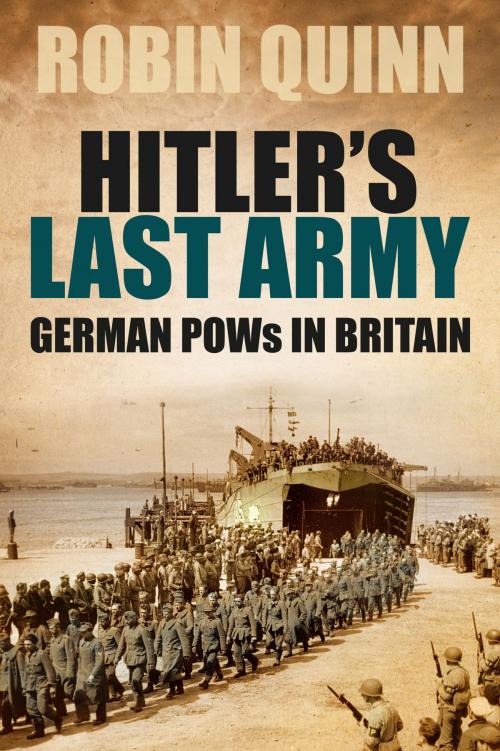| Author: | Robin Quinn | ISBN: | 9780752483313 |
| Publisher: | The History Press | Publication: | January 5, 2015 |
| Imprint: | The History Press | Language: | English |
| Author: | Robin Quinn |
| ISBN: | 9780752483313 |
| Publisher: | The History Press |
| Publication: | January 5, 2015 |
| Imprint: | The History Press |
| Language: | English |
Using original research, previously unseen photographs, and interviews with former POWs and their wives, this is the story of the half-million German prisoners-of-war held captive in Britain during and after World War IIAdolf Hitler would have given anything to see such headlines in 1940 as these: "500,000 Enemy Troops on British Soil!" Five years later, half a million German soldiers, sailors, and airmen did find themselves in the UK—but as prisoners of the British government. Using recently declassified documents, this book reveals how Britain—in defiance of the Geneva Convention—went on to detain these men for a further three years, and used them for forced labor. As new interviews within these pages show, some Germans were surprised to discover a freedom unknown in their homeland: "I felt like a guest . . . not any more a POW. I could hardly imagine that they had been my enemy." But behind the barbed wire, Nazis terrorized non-Nazis, guards sometimes maltreated their prisoners, and British girls who married ex-POWs faced bitter recriminations: "Falling pregnant outside marriage was bad enough—but with a German POW!"
Using original research, previously unseen photographs, and interviews with former POWs and their wives, this is the story of the half-million German prisoners-of-war held captive in Britain during and after World War IIAdolf Hitler would have given anything to see such headlines in 1940 as these: "500,000 Enemy Troops on British Soil!" Five years later, half a million German soldiers, sailors, and airmen did find themselves in the UK—but as prisoners of the British government. Using recently declassified documents, this book reveals how Britain—in defiance of the Geneva Convention—went on to detain these men for a further three years, and used them for forced labor. As new interviews within these pages show, some Germans were surprised to discover a freedom unknown in their homeland: "I felt like a guest . . . not any more a POW. I could hardly imagine that they had been my enemy." But behind the barbed wire, Nazis terrorized non-Nazis, guards sometimes maltreated their prisoners, and British girls who married ex-POWs faced bitter recriminations: "Falling pregnant outside marriage was bad enough—but with a German POW!"















